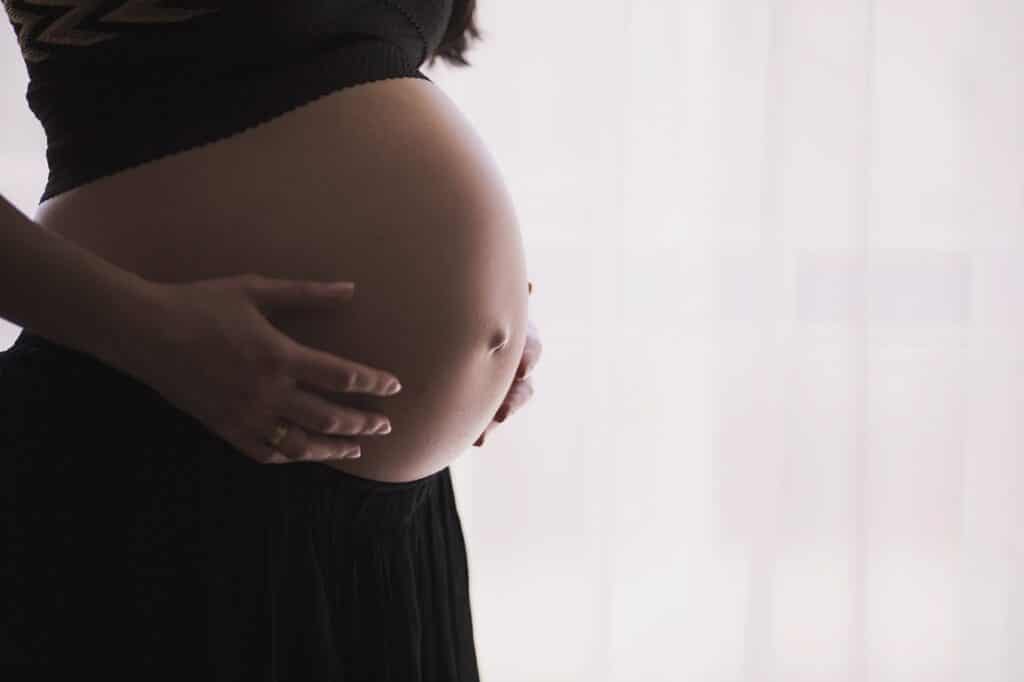Are you pregnant? Just found out you have varicose veins in the vaginal and/or vulvar area? There is no cause for alarm, as this is a relatively common condition. Let’s take a look at this condition and some information that will put your mind at ease.
What Are Vulvar Varicose Veins?
Vulvar varicose veins are similar to those that appear in the ankles or legs. They are also known as vulvar varicosities. They are puffy, dark veins that may bulge and appear just under the skin’s surface. Similar to varicose veins that appear in the legs, these veins can appear twisted, swollen, blue or purple, or bulbous.
What Causes Vulvar Veins?
Vaginal or vulvar varicose veins can happen to almost any woman, but those who are more at risk are those who are also predisposed to developing varicose veins. Essentially, pressure is placed on the veins due to the developing baby and expanding uterus.
There are veins inside the pelvis that normally drain blood away from the area and toward the heart. These veins may weaken during pregnancy due to the pressure and cause reflux, or back flow, of the blood. This will then cause the veins to dilate and swell, causing the vaginal or vulvar varicose veins. The condition can be aggravated through exercise, sexual activity, or standing for long periods of time. Symptoms of vulvar varicosities can include feelings of pressure or fullness in the area, along with discomfort.
Relief/Treating Vulvar Veins
You should know that vulvar veins will usually disappear after delivery, when the pressure on the pelvis and its veins is reduced. However, there are several things you can do until delivery to relieve the symptoms, including:
• Use a specially designed compression or support garment
• Avoid standing for long periods or change positions often if necessary, and take frequent breaks.
• Swimming can help relieve the pressure and improve blood flow
• Elevate your hips when lying down
• Applying a cold compress
Also, vaginal or vulvar veins should not be treated with traditional varicose vein therapies such as sclerotherapy during the pregnancy. As we stated, these veins will usually disappear after delivery; however, if they do not go away after the baby arrives, please contact us and we will help find the best solution for you.
If you are concerned about vulvar varicosities or other vein issues, we urge you to contact us to schedule a consultation so we can help you maintain the best in vein health.

